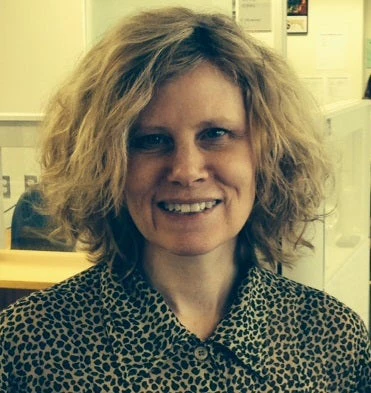Giving the world’s 2.5 billion “unbanked” people access to financial services such as savings accounts, loans, credit, and insurance could not only help them survive hard times and emerge from poverty, but boost entrepreneurship and economic growth, panelists said at a World Bank Live event, Closing the Gap with Financial Inclusion, on the eve of the World Bank-IMF Spring Meetings.
Mexico’s Finance Minister Jose Antonio Meade said “financial inclusion” -- enabling people to access financial resources that most of us take for granted—is key to “guaranteeing inclusive growth” that also benefits poor people. Mexico has leadership of the G20, and is co-hosting, with the World Bank, a high-level meeting on financial inclusion April 22.
The event highlighted newly released research based on interviews with 150,000 people in 148 countries that reveals three quarters of the world’s poor do not have a bank account, and that women make up a disproportionate number of the unbanked. A 10-year grant from the Bill & Melinda Gates Foundation is helping to finance a new Financial Inclusion Database (Global Findex) that will measure the use of financial services and identify those with the greatest barriers to access.
Being "unbanked” means that women in rural towns need to travel hundreds of miles to the nearest bank to safely receive money from overseas relatives. It also means that farmers do not have insurance for their crops when floods and drought wipes out their earnings. Without access to savings accounts, loans and remittances, people have a hard time managing their finances, coping with risks and disasters, and improving their economic opportunities.
Providing financial services to the “unbanked” could boost economic growth and opportunity for the world’s poor, World Bank President Robert B. Zoellick said in an earlier statement about the Global Findex release. “Harnessing the power of financial services can really help people to pay for schooling, save for a home, or start a small business that can provide jobs for others,” said Zoellick.
The Financial Inclusion panel including Meade, Standard Chartered CEO Peter Sands, and Betty Mwangi of Safaricom, a pioneer in mobile banking, discussed initiatives that have widened access to financial services. Financial inclusion and literacy increased when participants in Mexico’s safety net program began using banking cards to receive payments from the government. People are now becoming accustomed to using the financial sector for everyday transactions, said Meade.
Mobile banking is allowing more people in Kenya to gain access to savings accounts and other services, said Mwangi. Safaricom has partnered with 25 commercial banks. Some 15.7 million people now use mobile banking to pay bills and other financial transactions without having to travel, she said.
Sands said financial inclusion isn’t just about personal banking, but about making it possible for very small businesses to invest and expand. It could also help the “underbanked” – small businesses that are getting “rubbish banking,” with high interest rates, low returns and crude insurance products. Technology can help provide sophisticated services at a low cost, he said.
“Finance is the oxygen to the rest of the economy,” said Sands. “It enables business to grow and people to manage risk. If you don’t have finance, life is a lot more difficult.”
View the webcast and liveblog.




Join the Conversation